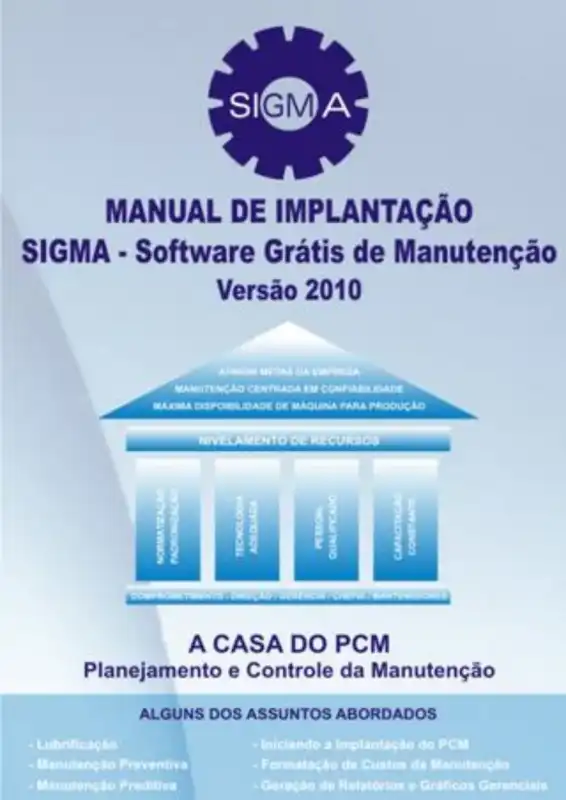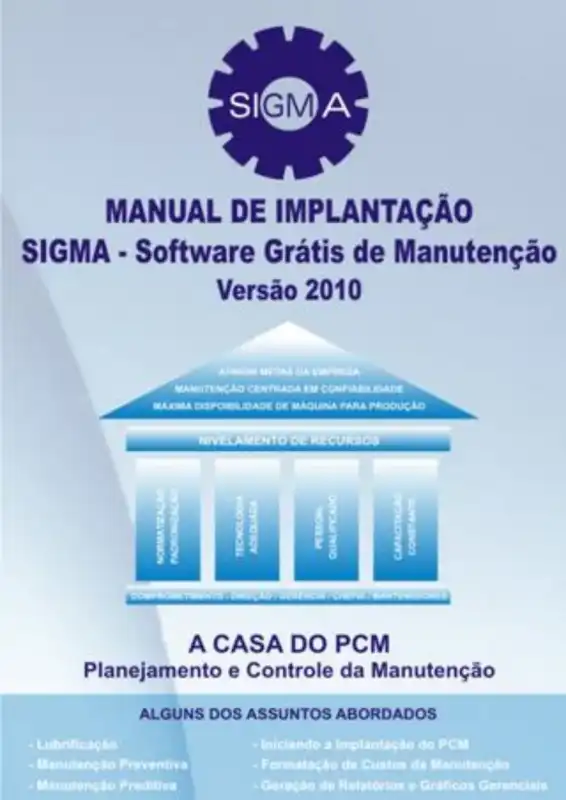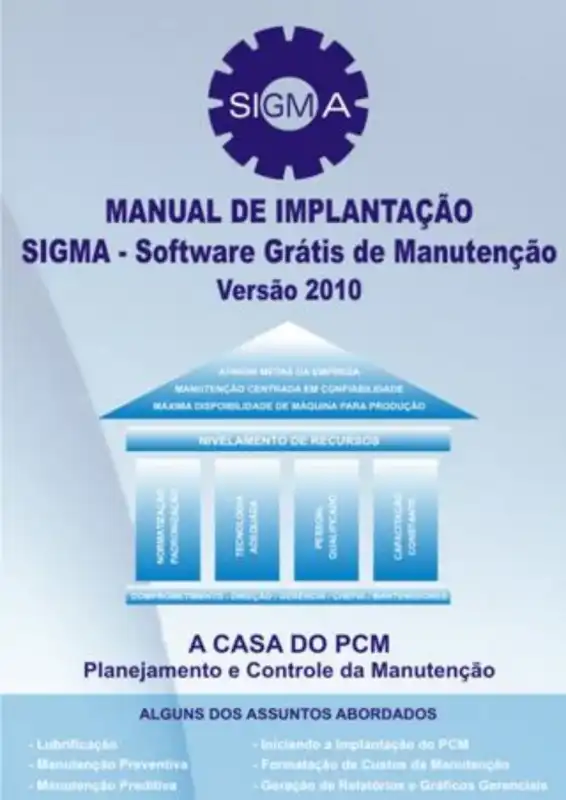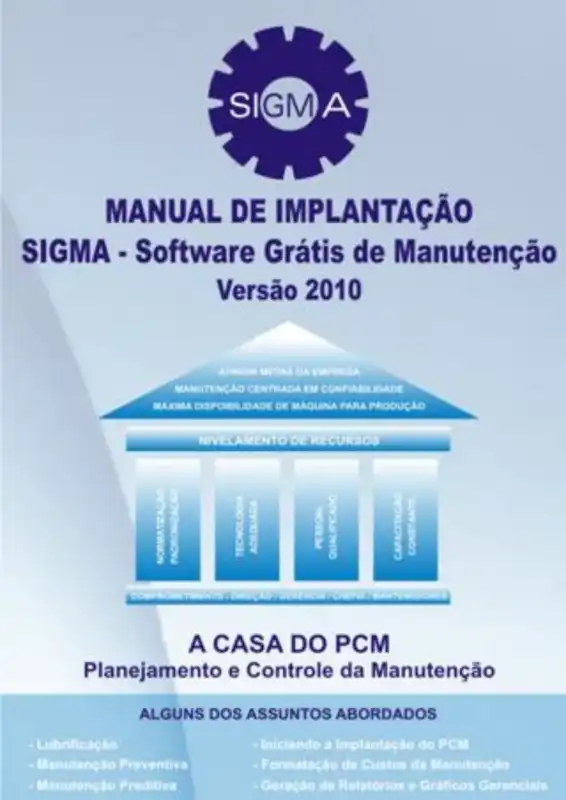Clique nas imagens para ampliar
Procurando um sistema de controle de manutenção eficiente e de qualidade? Conheça os serviços oferecidos pela empresa Rede Industrial e faça uma cotação agora mesmo! Somos especializados em Sistema de Gerenciamento de Manutenção e temos o compromisso de fornecer as melhores soluções para nossos clientes. Continue lendo este conteúdo para entender mais sobre o assunto e descubra como podemos ajudá-lo!
sistema de controle de manutenção: O que é e como funciona?
O sistema de controle de manutenção se trata de um software utilizado para gerenciar e controlar as atividades de manutenção de uma empresa. Ele tem como principal objetivo otimizar o processo de manutenção, garantindo uma maior eficiência e reduzindo custos.
Com o sistema, é possível realizar o planejamento das manutenções preventivas e corretivas, além de gerar relatórios e históricos das atividades executadas. Ele também pode ser integrado a outros sistemas administrativos, facilitando a gestão do negócio como um todo.
Vantagens de utilizar um sistema de controle de manutenção
A utilização de um sistema de controle de manutenção traz diversos benefícios para a empresa. Entre eles, podemos destacar:
- Maior controle e organização das atividades de manutenção;
- Redução de custos com manutenções não programadas;
- Aumento da vida útil dos equipamentos;
- Agilidade na realização das manutenções corretivas;
- Identificação de possíveis problemas antes que se tornem mais graves;
- Relatórios e históricos precisos sobre as atividades de manutenção;
- Integração com outros sistemas administrativos;
- Maior eficiência e produtividade do processo de manutenção.
Funcionalidades de um sistema de controle de manutenção
As funcionalidades do sistema de controle de manutenção podem variar de acordo com a empresa e suas necessidades. Porém, algumas das principais são:
- Agendamento de manutenções preventivas e corretivas;
- Controle de peças e materiais utilizados nas manutenções;
- Acompanhamento do status das ordens de manutenção;
- Histórico de manutenções realizadas;
- Integração com sistemas de inventário de equipamentos;
- Relatórios e indicadores de desempenho;
- Gerenciamento de equipes de manutenção;
- Notificações de manutenções programadas e em atraso.
Aplicabilidade e recomendações de uso
O sistema de controle de manutenção é indicado para empresas de diferentes segmentos e tamanhos, que possuam um número significativo de equipamentos a serem mantidos. Ele pode ser utilizado em diversos setores, como indústrias, hospitais, empresas de logística, entre outros.
Para garantir uma boa experiência e aproveitar todos os benefícios do sistema, é importante escolher um software que atenda às necessidades específicas da sua empresa e que possua uma boa usabilidade. Além disso, é fundamental capacitar os colaboradores que irão utilizar o sistema, para que o seu funcionamento seja eficaz.
Agora que você já conhece as principais informações sobre o sistema de controle de manutenção, não perca mais tempo e faça uma cotação com a Rede Industrial. Estamos prontos para oferecer soluções personalizadas e de alta qualidade para o seu negócio. Entre em contato conosco e saiba mais!






